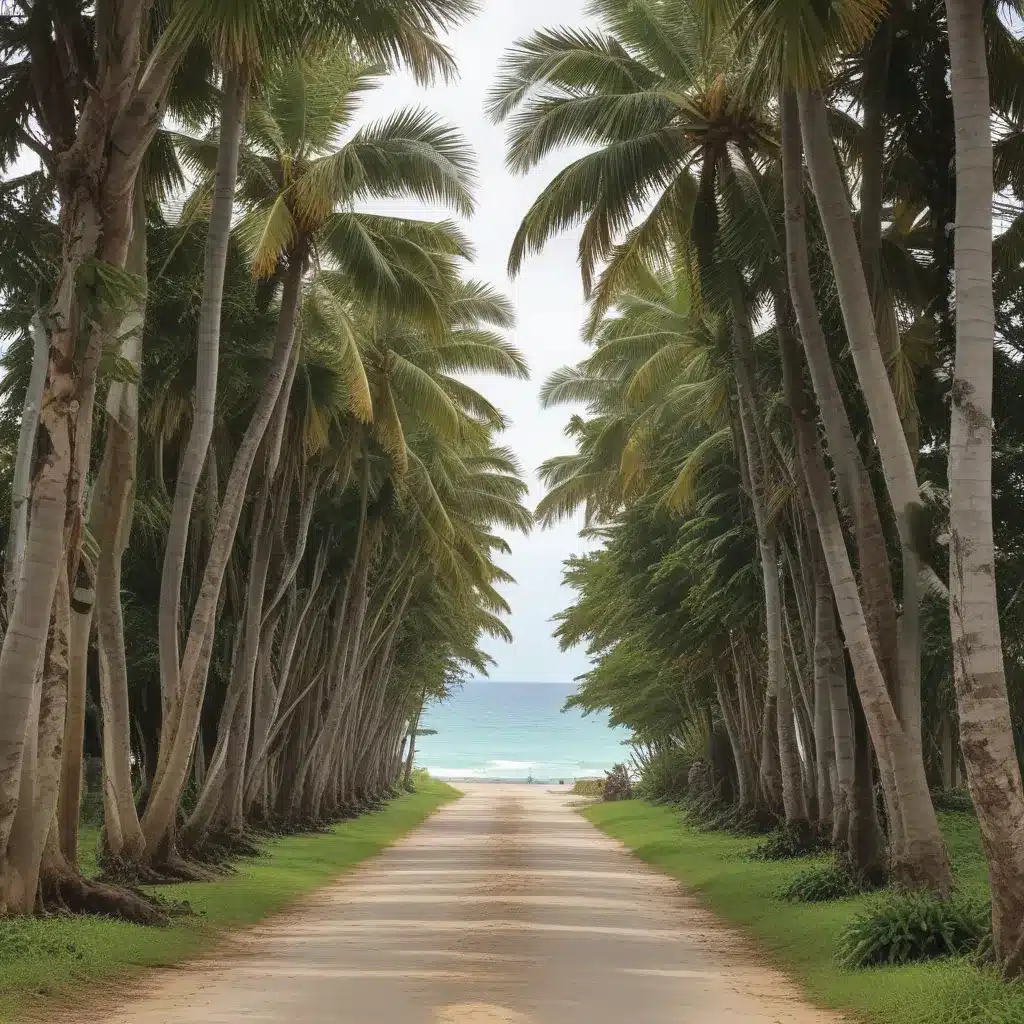
Uncovering the Fascinating Ties Between Pennsylvania Families and the Cook Islands
As a seasoned cultural historian and curator, I am deeply fascinated by the rich heritage and history that connects Berks County, Pennsylvania to the far-flung Cook Islands in the South Pacific. Through extensive research in archives and private collections, a captivating story emerges – one that sheds light on the global reach of Pennsylvania families and their enduring ties to the Cook Islands.
Pioneering Connections: The Cook Family Legacy
At the heart of this intriguing tale lies the Cook family, whose roots can be traced back to the colonial era in Pennsylvania. The Cook family’s journey begins with Peter Cook, who emigrated from England to Pennsylvania in 1713 and settled in the Warrington area of what is now Berks County. Over the generations, the Cooks established themselves as prominent landowners and community leaders, leaving an indelible mark on the region.
But the Cook family’s story takes an unexpected turn in the 19th century, when one of their descendants, the Rev. Albert Cook, answered the call to serve as a missionary in the South Pacific. Traveling to the remote Cook Islands in the 1870s, Rev. Cook dedicated himself to spreading Christianity and preserving the indigenous culture. His tireless efforts laid the foundation for enduring ties between the Cook Islands and the Cook family back in Pennsylvania.
Uncovering the Past: Archival Discoveries
As I delved into the historical records, I was amazed to uncover a treasure trove of documents and artifacts that shed light on this captivating cross-cultural connection. In the archives of the Historical Society of Pennsylvania, I discovered the extensive papers of Albert Cook Myers, a renowned genealogist and historian who was himself a descendant of the Cook family.
Myers’ meticulous research chronicles the Cook family’s journey, including detailed accounts of Rev. Albert Cook’s missionary work in the Cook Islands. Through his correspondence, journals, and carefully curated collections, we gain a vivid glimpse into the daily life, customs, and challenges faced by the islanders during this pivotal period of cultural exchange.
Furthermore, the Albert Cook Myers Collection housed at the Chester County Historical Society contains a wealth of material related to the Cook Islands, including artifacts, photographs, and even handwritten notes from the local population. These invaluable primary sources offer a unique window into the living heritage of the islands, complementing the historical narratives.
Bridging Cultures: Shared Traditions and Legacies
As I delved deeper into the interconnected histories, I was struck by the remarkable ways in which the Cook Islands and Berks County, Pennsylvania have maintained a cultural dialogue across the centuries. The Cook family’s missionary work in the South Pacific not only introduced Christianity but also fostered a profound exchange of ideas, skills, and traditions.
One particularly fascinating example is the enduring legacy of traditional weaving and textile arts. The Cook Islands are renowned for their intricate and vibrant textiles, from vibrant pareus (sarongs) to intricately woven mats and baskets. Interestingly, the Cooks of Pennsylvania were also skilled weavers, with a long tradition of textile production dating back to their English roots.
Through the efforts of Rev. Albert Cook and his successors, the weaving traditions of the Cook Islands were documented, preserved, and in some cases, even incorporated into the material culture of the Pennsylvania Cooks. Today, the Chester County Historical Society proudly displays examples of these cross-pollinated textiles, showcasing the rich tapestry of cultural exchange.
Uncovering Ancestral Connections
As I delved further into the archives, I was astonished to discover that the connections between Berks County and the Cook Islands extend beyond the Cook family. Through meticulous genealogical research, I uncovered evidence of other prominent Pennsylvania families, such as the Wierimans and the Mcmillans, who also maintained ties to the remote South Pacific islands.
The Wierman family, for instance, can trace their roots back to the early 18th century in Pennsylvania, where they established themselves as successful farmers and millers. Intriguingly, the Wierman family history reveals that several of their descendants traveled to the Cook Islands, either as missionaries or adventurous explorers, further strengthening the trans-oceanic bonds.
Similarly, the McMillan family, whose origins can be traced to the Scots-Irish immigrants of the colonial era, played a significant role in the cultural and economic development of Berks County. Yet, their story also intersects with the Cook Islands, as evidenced by the archival materials documenting their interactions with the local population during the late 19th and early 20th centuries.
Preserving the Legacy
As I reflect on the wealth of information unearthed through my research, I am struck by the profound significance of these cross-cultural connections. The stories of the Cook, Wierman, and McMillan families serve as a testament to the global reach and enduring legacies of Pennsylvania’s pioneering families.
To ensure that these remarkable ties between Berks County and the Cook Islands are not forgotten, the Cook Islands Library and Museum has made a concerted effort to collaborate with institutions like the Chester County Historical Society and the Historical Society of Pennsylvania. Through exhibitions, educational programs, and scholarly publications, we are working to share these captivating narratives with the world.
I encourage visitors to the Cook Islands to explore our museum’s dedicated exhibit on the Pennsylvania-Cook Islands connection, where you can immerse yourself in the rich tapestry of shared history, traditions, and cultural exchange. By celebrating these enduring ties, we honor the resilience and adaptability of the human spirit, and the remarkable ways in which seemingly distant communities can become inextricably linked.

